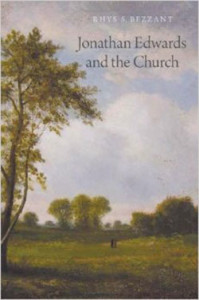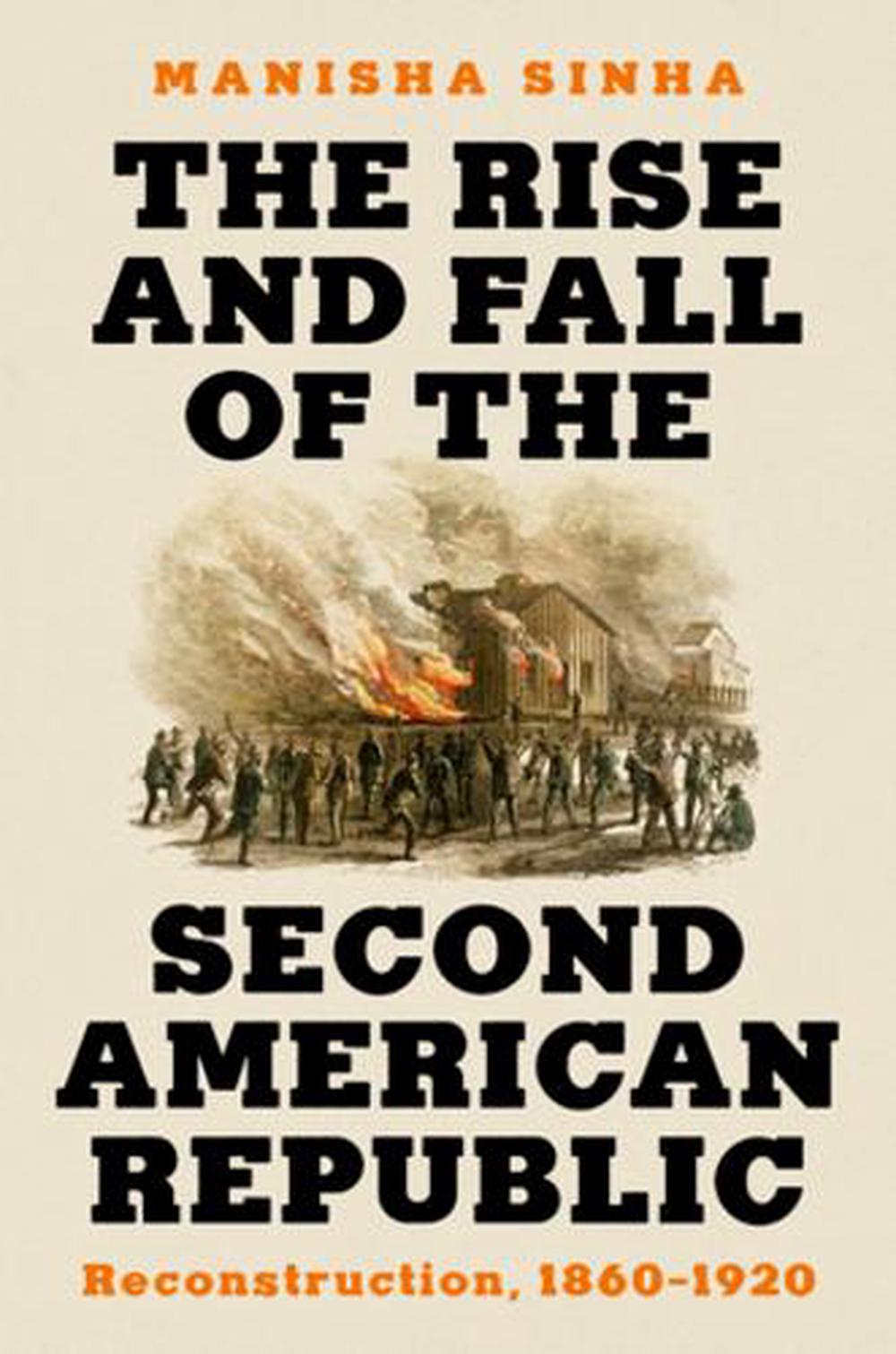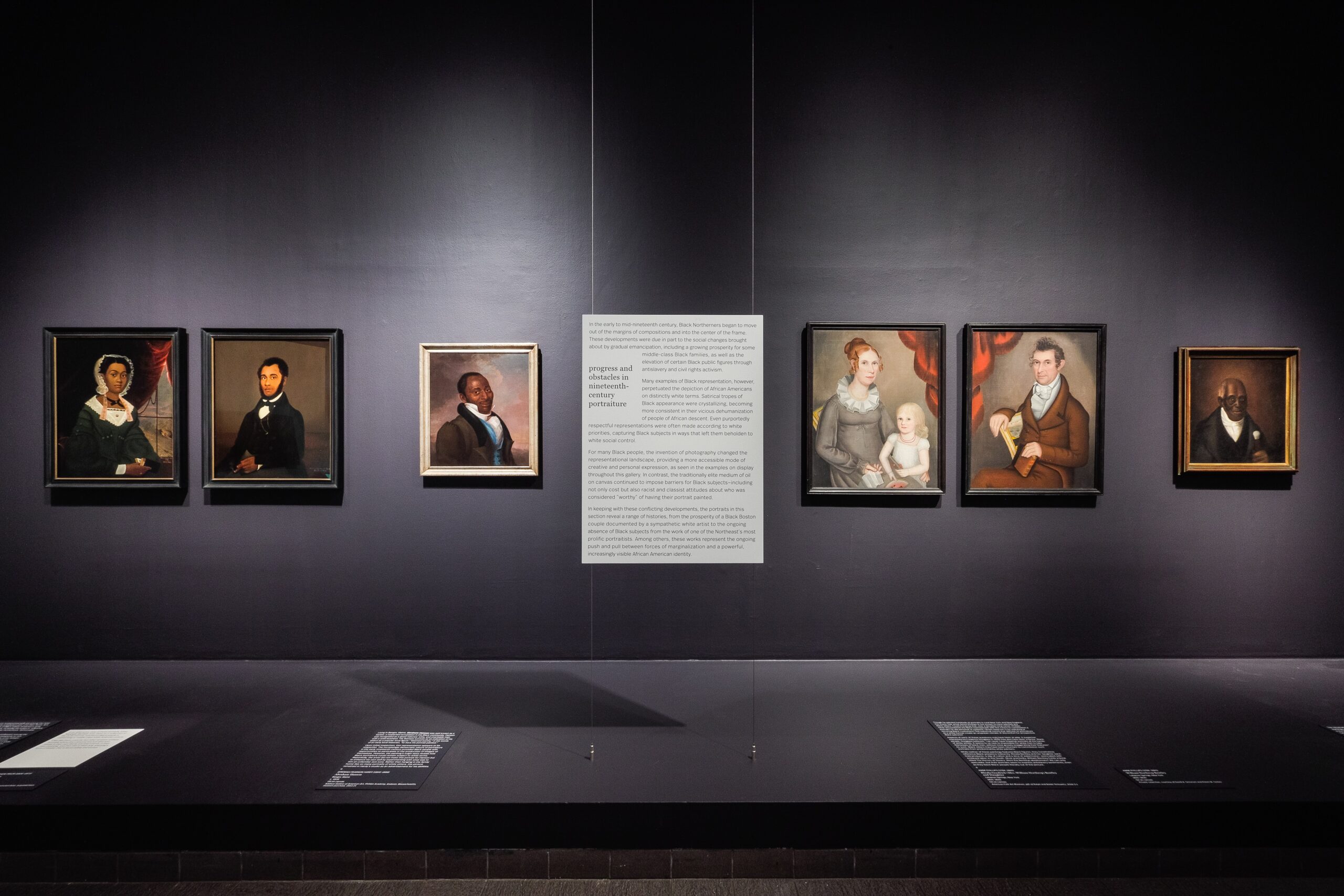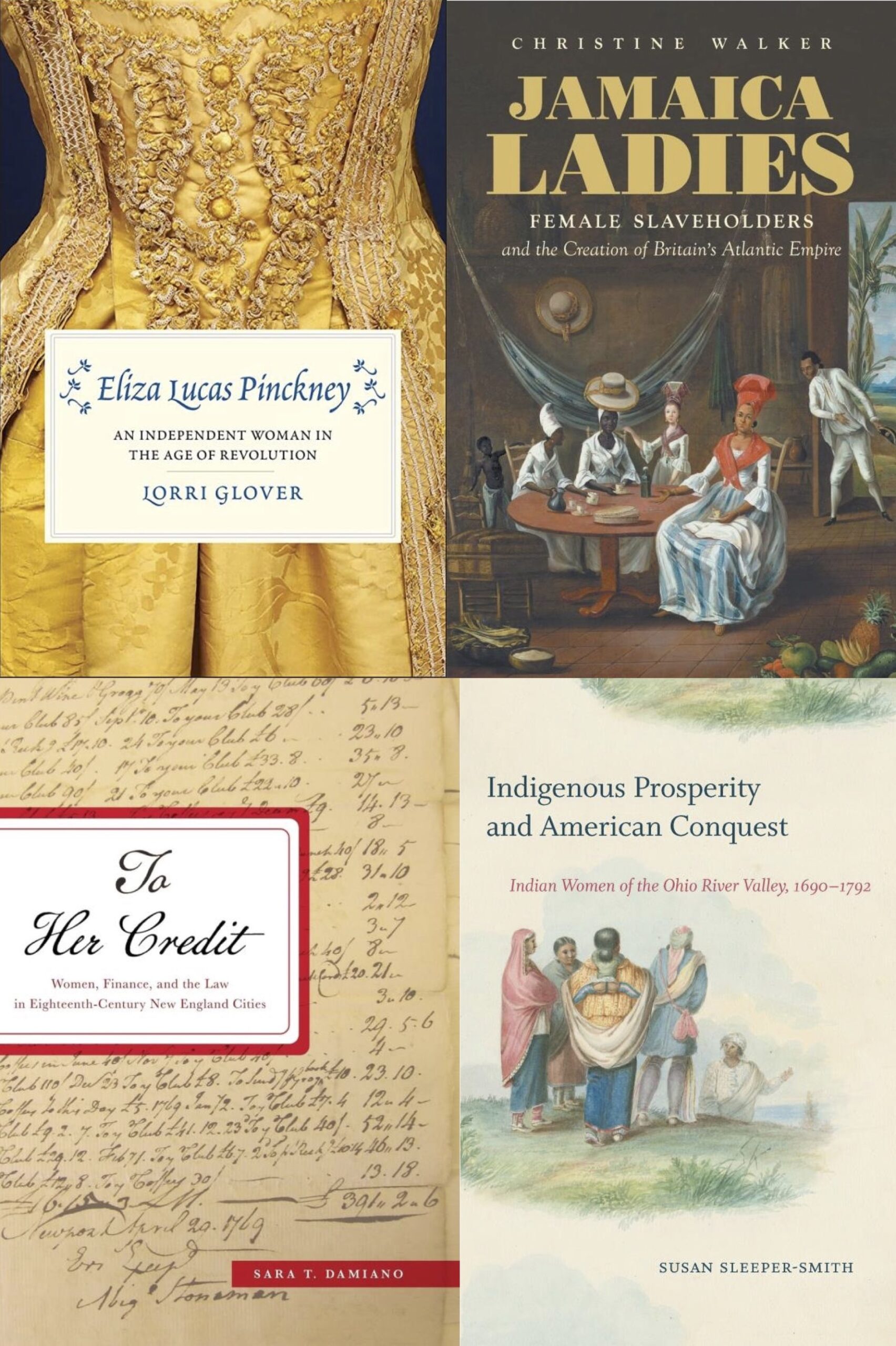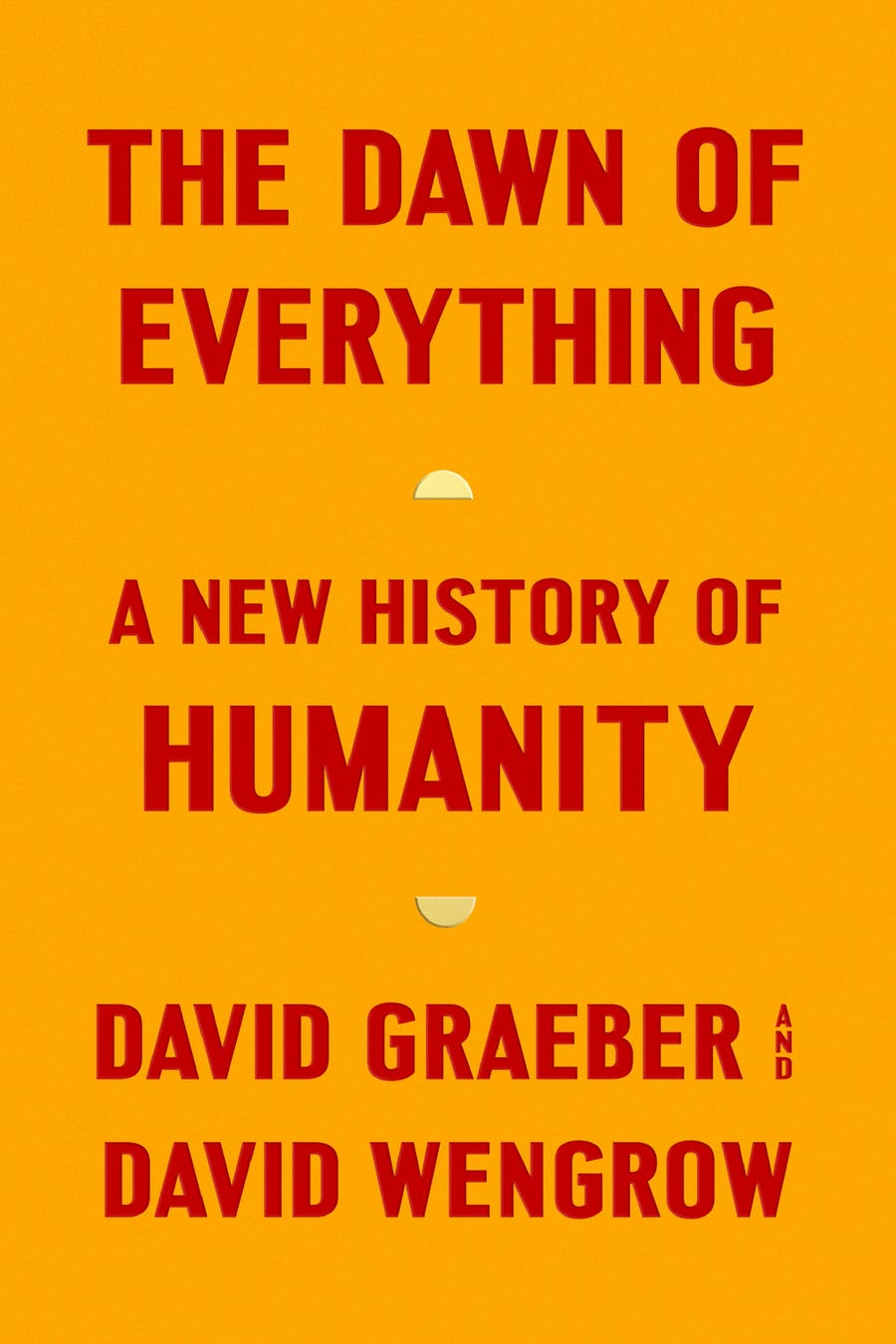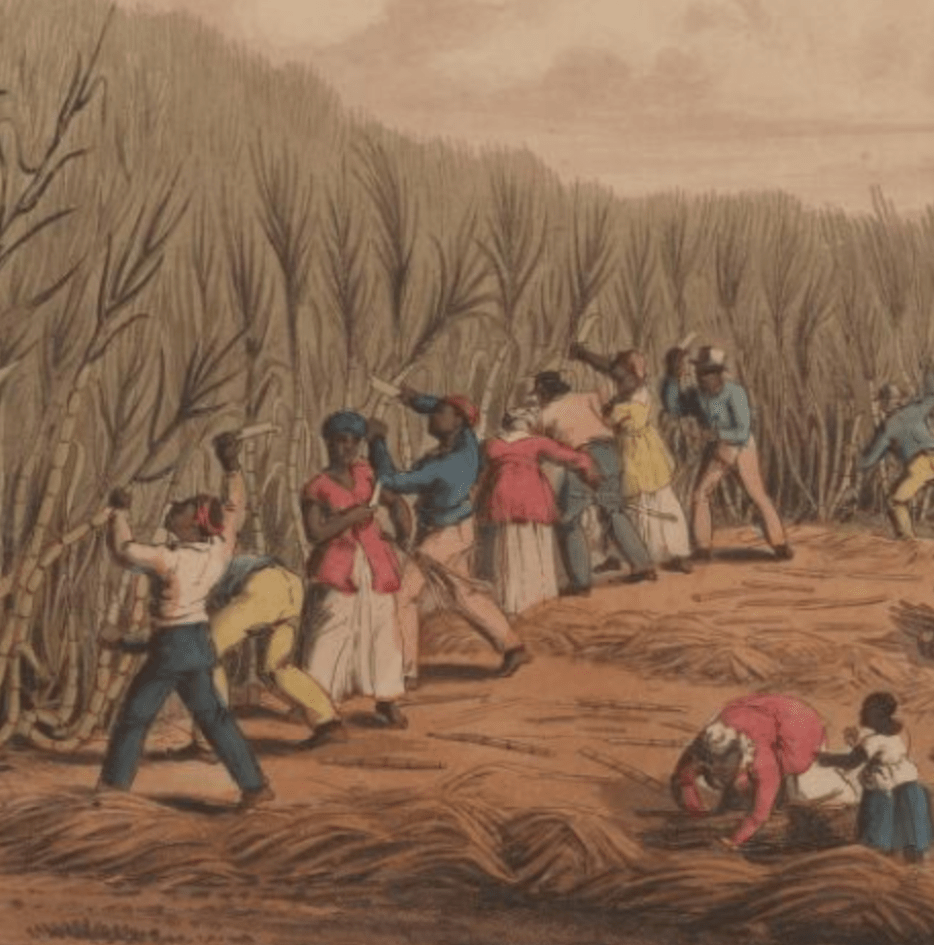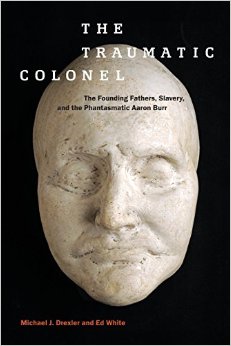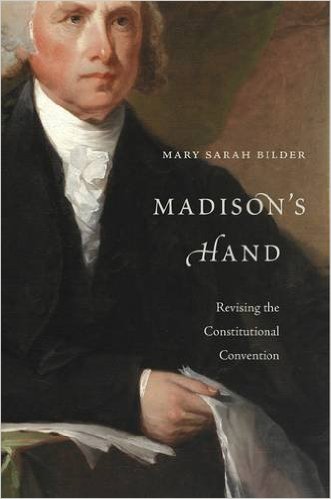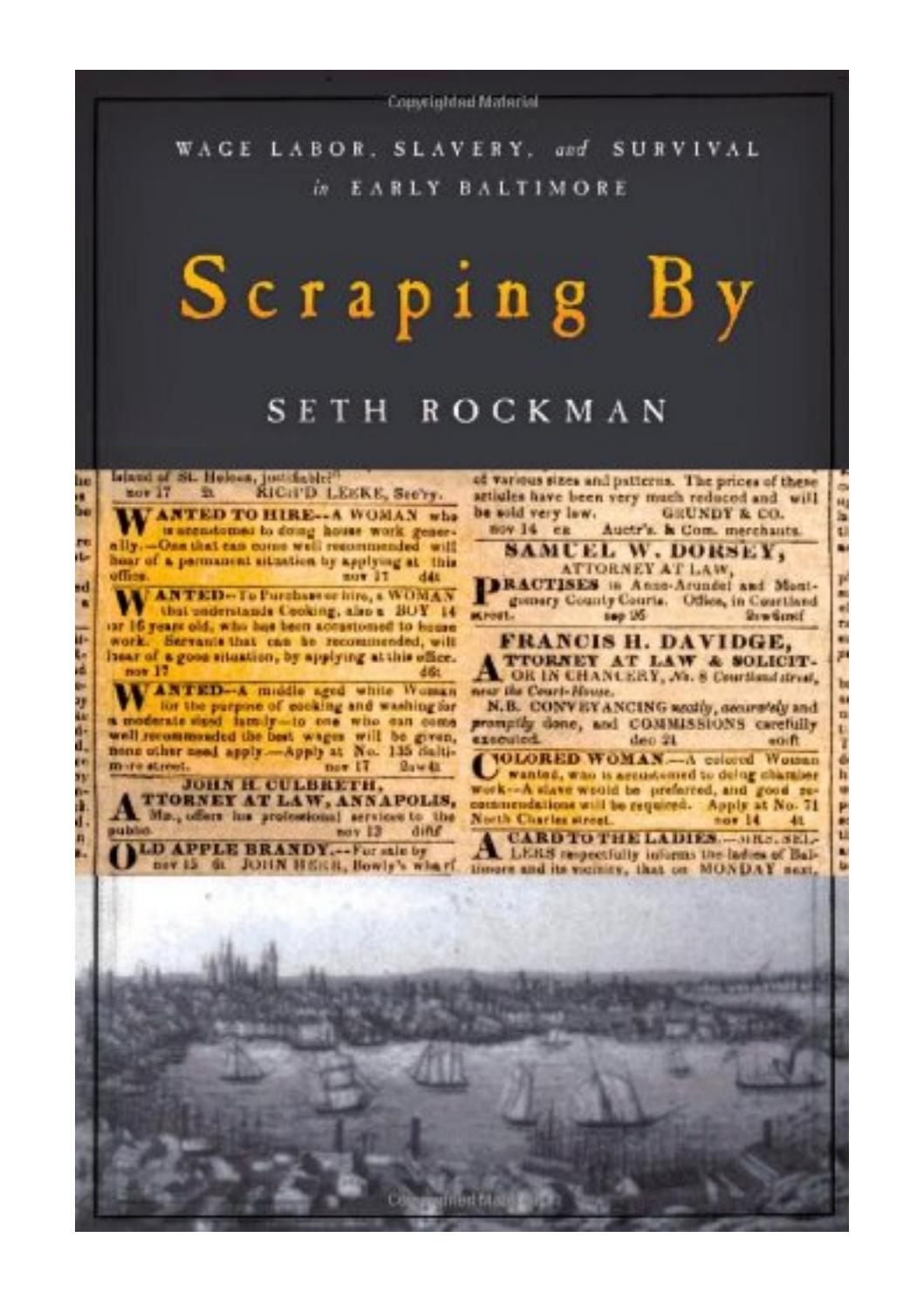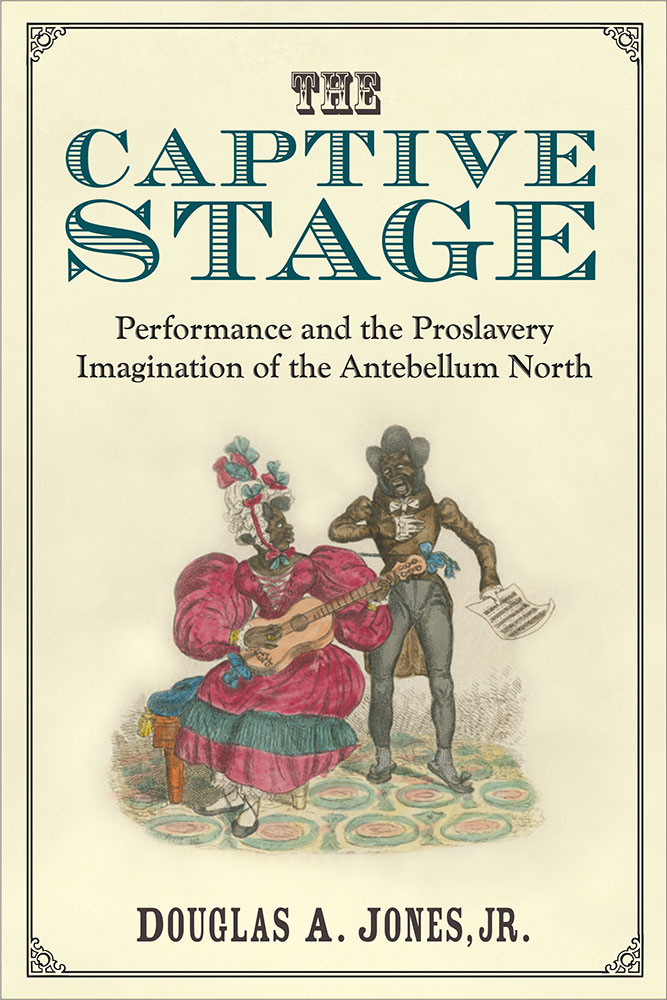The Great Awakening of the eighteenth century strengthened American religion, but damaged America’s churches. The revivalists’ critics, and their more cautious supporters, believed that traditional church life was being jeopardized by the converts’ transcendent spiritual experiences and itinerants’ intrusive ramblings. Although Puritans and other fervent Protestants had assigned a prominent role to lay piety, America’s churches—especially those of the New England Congregationalists—gave a quasi-monarchical role to the pastor, whose theological education and formal ordination set him above his fellow believers as pastor and ruler. Revivalists assailed the churches’ stability by trumpeting the individual’s knowledge of God through the Holy Spirit. The lowliest man or woman in whom the Spirit dwelled could apprehend divine truths in a manner that an unconverted pastor could not, whatever that pastor’s knowledge of systematic theology, Greek, or Hebrew. One might expect Jonathan Edwards, the greatest theologian of the Great Awakening, to have offered trenchant commentary on the church and revival. Happily for Rhys Bezzant, director of Ridley College’s (Melbourne) Jonathan Edwards Center, no one had systematically analyzed Edwards’ views on this topic until Bezzant’s Jonathan Edwards and the Church.
To the people of colonial America, especially those in the Middle Colonies and New England, the church (both as a building and as a fellowship) had unique prominence as a social outlet and the site where saints lived out their faith. Many attended church meetings multiple times a week, listening to lengthy, doctrinal sermons. The laity participated in psalm-singing, but in general, the pastor and sometimes lay elders commanded most of the public speaking roles. The revivalists, especially the radicals, pushed for a democratization of those roles. All should have outlets to testify about their conversions and their experiences in the Spirit, the radicals insisted.
This balance between churchly order and the work of the Spirit was arguably the central point of controversy in the Great Awakening. It was a topic on which Jonathan Edwards, the celebrated pastor-theologian of Northampton, Massachusetts, developed important insights. But those views often remained at the level of implication within his writings on other topics, from revival to eschatology. Edwards’ most revealing experience in ecclesiology came in his own church in Northampton, from which he was dismissed in 1750 when he tried to shift away from a sacramental model established by his grandfather and predecessor, Solomon Stoddard.
Some scholars have commented on Edwards’ views on the church, but they have tended to suggest that those views were underdeveloped, or that Edwards’ revivalist sympathies neglected or even hurt the churches. Rhys Bezzant argues instead that in Edwards we find an admirable balance between respect for church tradition and support for evangelical innovation. Bezzant is an unabashed admirer of Edwards, whose ecclesiology, Bezzant says, coheres “within a larger embracing vision of reality shaped by the Gospel and the Kingdom” (255).
Bezzant’s monograph is a must-read for students and scholars of Edwards and the evangelical revivals. He is remarkably conversant with the vast literature on Edwards and early modern evangelicalism. For anyone needing to get up-to-date on the latest Edwards scholarship, Bezzant is a good place to start, accompanying the broader works on Edwards such as Gerald McDermott and Michael McClymond’s The Theology of Jonathan Edwards, and George Marsden’s definitive biography, Jonathan Edwards: A Life.
Bezzant walks the reader through most of Edwards’ major writings, sifting through them for ideas with ecclesiological import. This method also serves well as a theological introduction to Edwards’ massive body of writings. The fact that Bezzant cannot produce much in the way of direct commentary on the life of the church in that vast corpus, however, may tend to confirm that Edwards neglected this topic, as critics have suggested. Edwards seemed more comfortable discussing the work of God through the church around the world, and the eschatological destiny of that universal church, than he did talking about the local manifestations of the church. Of course, his dismissal from Northampton forced the issue forward, and in the last couple chapters Bezzant seems to be working with the strongest evidence as he discusses the dismissal, and the weekly practices of Edwards’ type of Congregationalist church (as well as Edwards’ growing sympathy for the extra-congregational authorities featured in the presbyteries and synods of Presbyterianism).
For Bezzant, Edwards tried to balance the Calvinist vision of a church working to “provide for the community pastorally,” and the Baptist/Anabaptist conception that the church was “a gift almost exclusively to the redeemed” (173). Edwards fatally decided in the 1740s to revoke Stoddard’s policy of making the Lord’s Supper available to all who were morally sincere. Edwards came to believe that while the church could not perfectly distinguish the regenerate from the unregenerate, the Lord’s Supper was meant only for those who could give a plausible testimony of saving faith. The transition did not go well, and when combined with lingering resentments over botched church discipline cases, the frustrated congregation voted to relieve Edwards of his duties.
Edwards similarly sought to balance the tension between godly order and the fresh work of the Spirit in the revivals. He was open to laypeople’s radical experiences early in the revivals, helping to account for his complicity in the raucous scene when he delivered “Sinners in the Hands of an Angry God” in Enfield, Connecticut, in 1741. As time wore on, he and other moderate evangelicals became concerned that the work of the Spirit in individuals needed tethering. He offered anchoring in the long-term ministry of the Word (especially preaching), and in the long-term behavioral qualities one would discern in the true convert: love, holiness, and generosity, which the saints could only practice fully in the church. The Spirit might work powerfully in the minds and hearts of converts during seasons of revival, he wrote in Religious Affections (1746). Pastors should be willing to let the Spirit work as he would. But the real test of revival was its enduring effect in believers’ lives.
Some readers will undoubtedly find Bezzant too much an apologist for Edwards. From first to last, he takes an unfailingly positive view of the pastor-theologian, and writes primarily for an audience that appreciates the “theological significance of the church in God’s world” (ix). While I am sympathetic to Edwards in much the same way as Bezzant is, I still found myself wondering whether Edwards inadvertently did the kind of damage to the church that critics have suggested. In Edwards’ writings, there is much room for the glories of an individual’s delight in God, and for the fabulous scenes of the universal church in the millennial era. But Edwards always seemed to struggle with the mundane grind of weekly life in the institutional church; it always seemed to disappoint him. His congregation no doubt sensed that disappointment, and heard it in occasional chastising sermons (not least his “Farewell Sermon” delivered after his dismissal). His ever-present dissatisfaction undergirded his dismissal. But then and now, the pleasures and challenges of a life of faith are normally lived out in a local congregation, a fact too often missed by historians of American religion, including historians of the Great Awakening. Bezzant serves as an excellent guide to the conundrums presented by revival, early evangelicalism, and the everyday work of the churches.
This article originally appeared in issue 15.2.5 (April, 2015).
Thomas S. Kidd is professor of history at Baylor University and the author of books including George Whitefield: America’s Spiritual Founding Father (2014)



